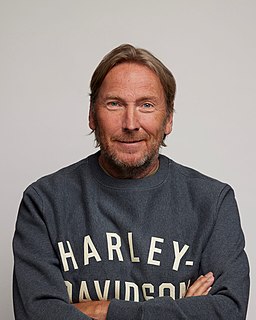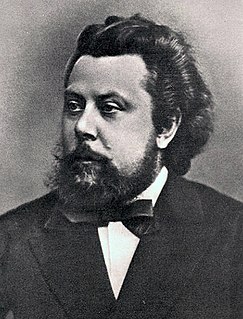A Quote by Martin Freeman
Half of us are partly German! Half our language and culture, generally, in Anglo-Saxon terms, is German.
Related Quotes
Some people think that English poetry begins with the Anglo-Saxons. I don't, because I can't accept that there is any continuity between the traditions of Anglo-Saxon poetry and those established in English poetry by the time of, say, Shakespeare. And anyway, Anglo-Saxon is a different language, which has to be learned.
I'm German! Actually, I love my countr, ;I love the language. The German language is very special because it is so precise. There is a word for everything. There are so many wonderful words that other languages don't have. It is impressive to have such a rich language, and I love to work in that language.
And another thing about German symphonic development. I tell you, our cold kvass soup is a horror to the Germans, and yet we eat it with pleasure. And their cold cherry soup is a horror to us, and yet it sends a German into ecstacy. In short, symphonic development is just like German philosophy and soup-all worked out and systematized. When a German thinks, he reasons his way to a conclusion. Our Russian brother, on the other hand, starts with a conclusion and then might amuse himself with some reasoning.




































